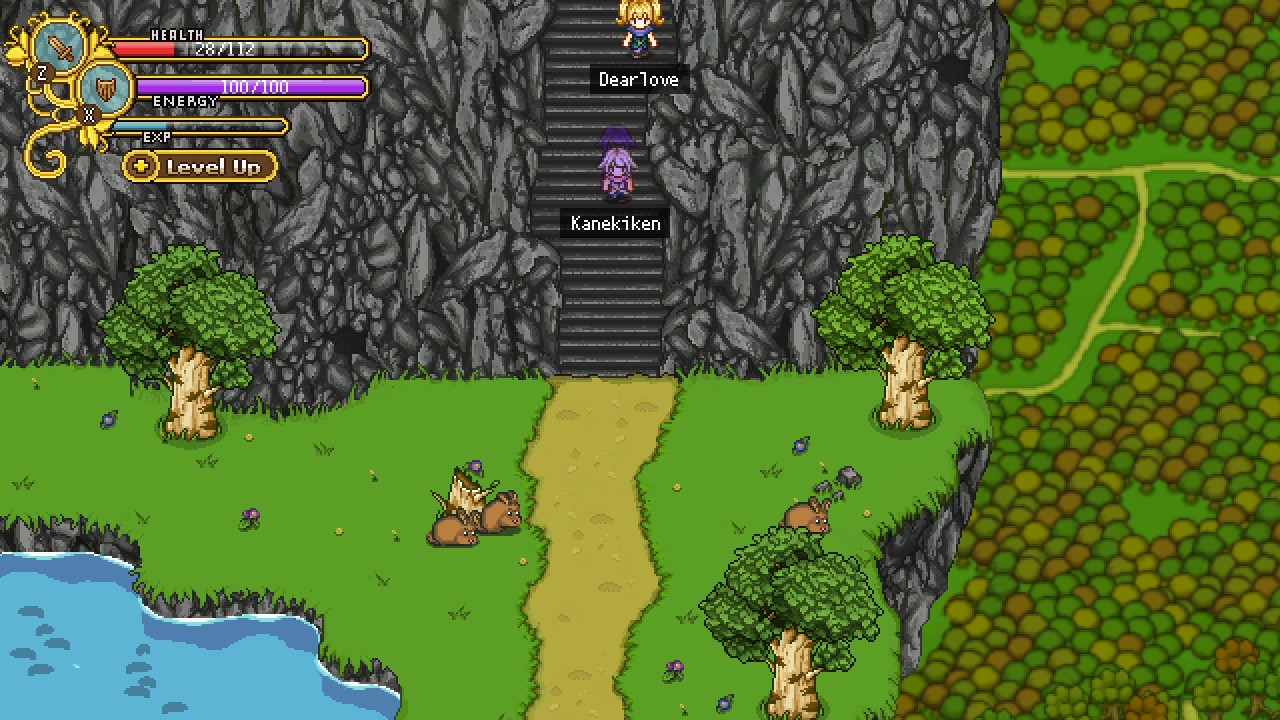

Some of his authors drove him crazy and some of them - an overlapping but not identical category - in turn considered him the most exasperating editor of all time.

His frustrations and triumphs are always recorded in the editorials. On the other hand, sometimes the same hand, he worked maniacally hard. On the one hand he swanned around the world and had a good time.

In the second place, tracking down unpublished letters and texts, by Mansfield, Wells, Gorky, Berlioz, Chekhov, Dickens, and Dreyfus (the case obsessed him). Perhaps Grindea's vital editorial organs were most fully engaged in two activities: in the first place, drawing the attention of his subscribers and the literary establishments of France and England - the magazine was bilingual - to the work of living authors, in his opinion neglected, such as Visiak, Ramuz, Cary, Fleg, Gascoyne and the grandest literary lesbian of her day, the legendary but unread Natalie Clifford Barney, whom he took me to meet in Rue Jacob. Spalding, for example, and some future talents made their debuts in Adam: Maureen Duffy, Wolf Mankowitz. He encouraged new and / or young writers, Veronica Forrest- Thomson, Fred Uhlman, P.F. His recipe was a secret mixture of chutzpah, flattery, intelligence, passion, straightforwardness and charm. Grindea was a brilliant wheedler of texts, often but not always their best work, from famous writers or their heirs, among them: Wells, Shaw, Chekhov, Wilson, Greene, Eliot, Cocteau, Gide, Joyce, Churchill, Auden, Forster, Priestley, Murdoch, Durrell, Spender, Powell. If they did not leave in confusion or despair they received an editorial and human education from the roguish insurgent which it would have taken a Joseph Roth or Shole Aleichem to convey, but which (un)officially consisted of serving as proof-reader, muse-supplier, message-runner, awkward-phonecall maker, editorial devil's advocate, analyst and analysand. Grindea, in the South Kensington apartment more redolent of Paris or Vienna than London, used to exploit his young assistants, some of whom later became poets, novelists, therapists, musicians, publishers, dons or layabouts. Hopeless at delegating, they are simultaneously obsessive and disorganised. Little-magazine and small-press editors are meshuggah: crazies. He could be infantile, selfish, uncaring of other people's equally pressing priorities. Grindea was not an easy man to work with. Fortunately, various institutions and individuals rode to the rescue over the years. There is no doubt that without the devoted support, moral, financial and professional, of his equally legendary spouse Carola, the magazine would have died more terminally than it usually did. Miron Grindea was a born and skilled journalist and could undoubtedly have lived quite comfortably from his pen had he not had Adam - equal to him in intelligence, as Connolly said of magazines and their editors - to finance for over 50 years. We learn from the editorial that Eliot, contrary to rumour, not only knew Thomas's work but admired Thomas and initiated contact with regard to possible publication of his poems in 1934 - but the young poet went elsewhere. To hand is the Dylan Thomas memorial Number of 1953, with unpublished work by Dylan Thomas himself, and contributions from Stravinsky, Augustus John (a careful reading of this text explains why Grindea appended to it the wickedly ironic title of "The Monogamous Bohemian"), MacDiarmid and others. Typically he mingles the highly idiosyncratic presentation of an issue's genuinely fascinating and scholarly discoveries with spicy gossip high or low, useful information on other subjects, grouses (he was a famous grouse, albeit virtually teetotal, and ate like a bird too), and plaintive requests for support to enable the magazine's survival. Like a Post- Modern novelist - and Adam was a kind of novel with Grindea as author and main character: similar in that to editors such as Charles Peguy and Karl Kraus - Grindea lets the reader into his workshop. The later ones were a mixture of the roman fleuve and the feuilleton. Grindea's earlier editorials dealt with his general preoccupations about society and literature.


 0 kommentar(er)
0 kommentar(er)
